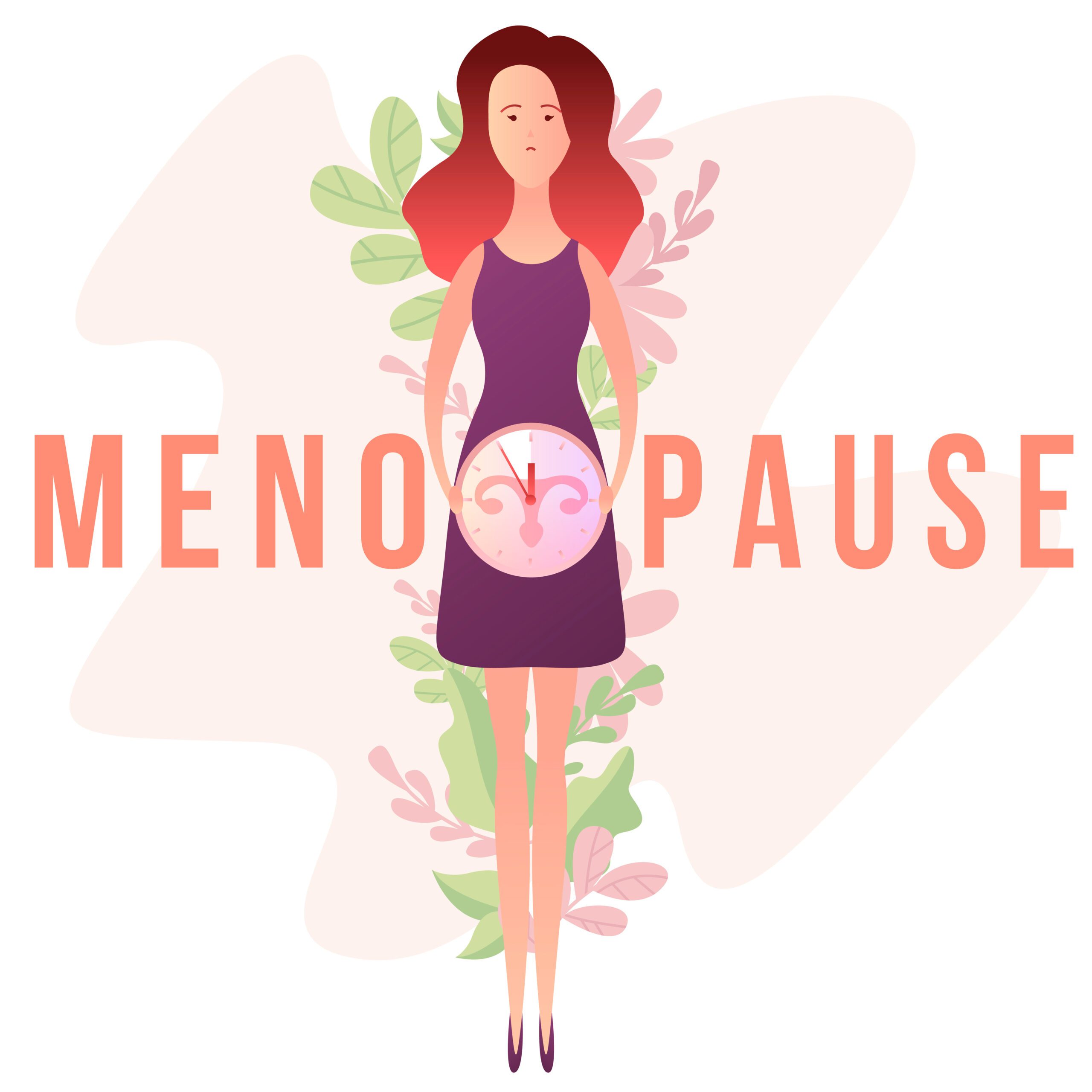
Spring is in full swing, and along with all the natural beauty of this season comes another common component: allergies. One of our readers asked a question about the development of allergies during menopause, any time of year. This is a complex area with many possible connecting threads.
Menopause is a time when the ovaries are no longer producing hormones in their usual cyclic fashion. Instead this job of female/male hormone production falls mainly on the adrenal glands during and after menopause. This extra work for the adrenal glands can lead to adrenal fatigue, which can make menopausal women more susceptible to allergies.
The Link Between Menopause, Adrenals and Allergies
After years of chronic stress, the adrenals become depleted and are no longer able to respond adequately to the ongoing pressure many of us experience. Inadequate adrenal function can produce symptoms such as sleep disruption, fatigue and anxiety. It can also lead to increased sensitivity to various foods and elements in the environment. This increased sensitivity can ultimately express itself as allergies.
Many people have underlying food sensitivities that have never been diagnosed, and as a result, may worsen over time. In addition, there is the problem of chronic exposure to chemicals in the workplace and at home in the form of cleaning agents, new carpets and paint, solvents, molds, artificial lighting, computers and electronics, and many other toxin exposures. This cumulative toxic burden along with the overstressed adrenals and the hormonal fluctuations of menopause becomes an overload for many individuals. This overload can manifest as new allergies.
Natural Solutions
There are several ways to alleviate allergies and their related inflammation responses:
Reduce Stress: Meditation, yoga, Chi gong, Tai Chi, massage and other healing practices are important components in reducing stress and inflammation related to allergies.
Detoxify: The liver is the main detoxification organ, also becomes overtaxed and needs support during heightened allergies. Supplementing with liver supporting nutrients and herbs, along with safe chelating and binding agents to help eliminate toxins, is central to clearing allergies, balancing inflammation responses, and reducing toxic burden.
Balance Inflammation: Controlling inflammatory responses is important in reducing allergic reactions. Specific botanicals and herbs, like turmeric and quercetin, are important to reduce inflammation and support immune health.

A new study suggests that a widely used sugar substitute found in diet sodas, chewing gum, and low-sugar yogurt may elevate insulin levels. This could increase the long-term risk of heart disease. “Artificial sweeteners have infiltrated nearly all types of food, making it crucial to understand their long-term health effects,” said Yihai Cao, senior author […]

Diet Coke has long been a fan-favorite among soda lovers who want a fizzy, guilt-free alternative to traditional soft drinks. While its zero-calorie, zero-sugar label makes it seem like a healthier option, the reality is far more concerning. Despite its undeniable popularity, Diet Coke’s nutritional profile has raised red flags among health experts for years. […]

New study shows that embracing an anti-inflammatory, plant-forward diet can support cognitive function and help reduce the risk of dementia. What You Eat Shapes Your Brain The food you eat doesn’t just impact your body—it also affects your brain. Research suggests that eating an anti-inflammatory, plant-based diet can help improve memory, focus, and overall brain […]